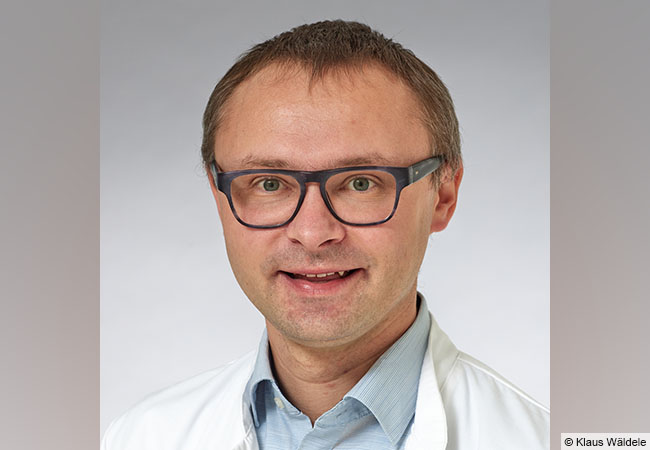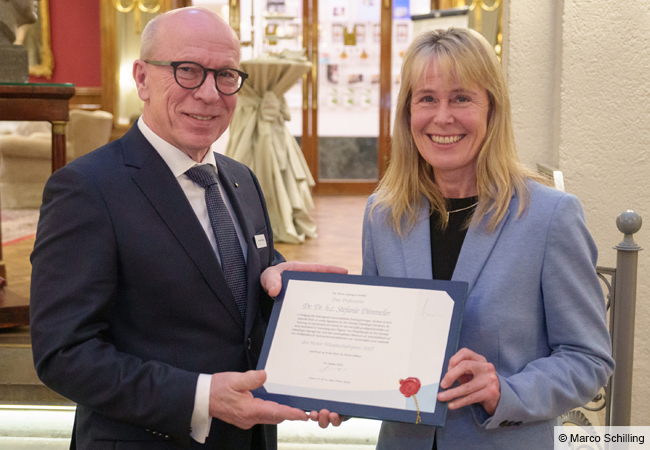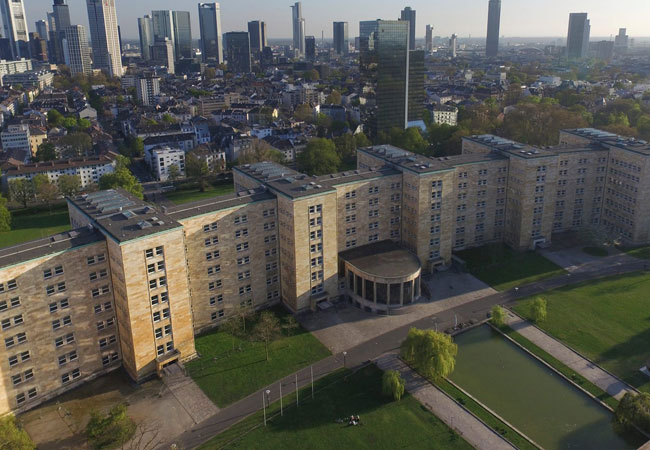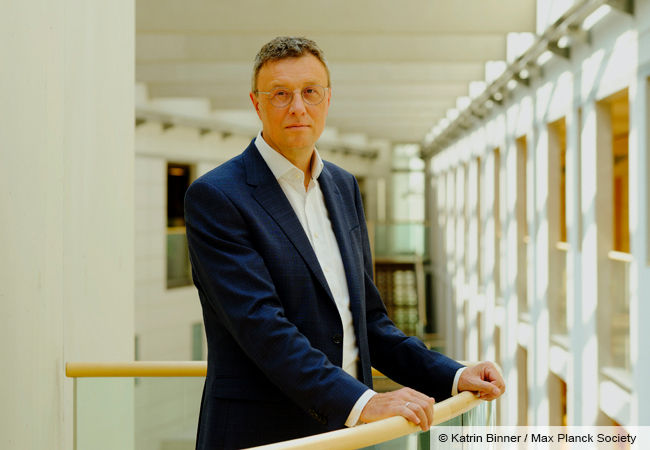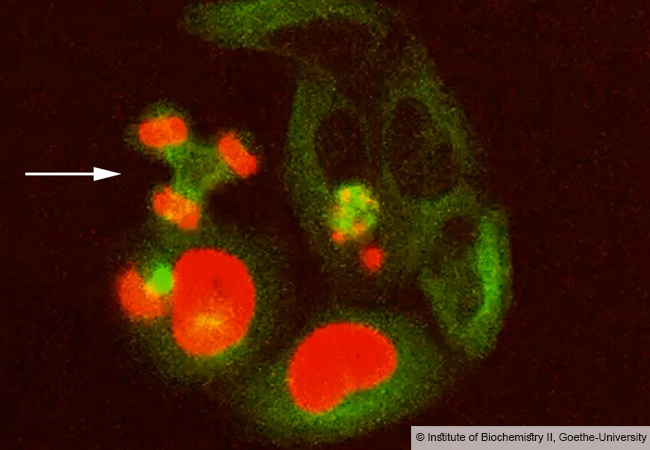Prof. Volker Müller, a microbiologist at Goethe University Frankfurt, is one of three Germans and a total of 65 scientists from around the world who have now been inducted as fellows into the American Society for Microbiology’s (ASM) Academy, the professional society announced. With some 30,000 members, the ASM is one of the world’s largest scientific associations in the life sciences. The Academy is ASM’s think tank and honorary governing body, and each year appoints 65 excellent microbiologists as fellows.
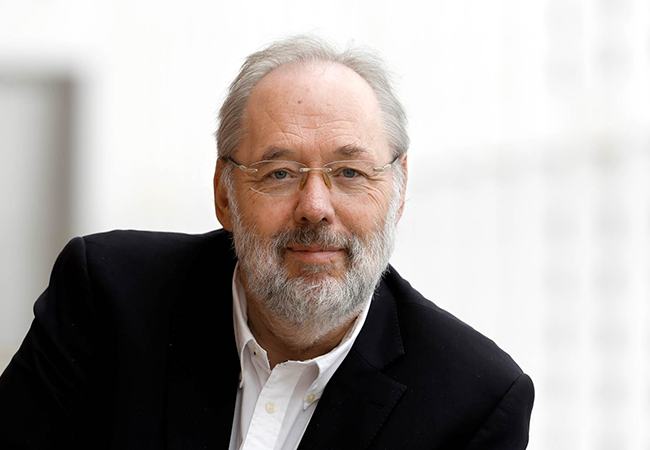
Outstanding achievements in their field and a strong commitment to teaching and mentoring – these are the criteria employed by the jury of senior scientists from the American Society for Microbiology to select 65 fellows from among the 148 high-caliber nominations from basic and applied research, teaching, public health, and industry.
Goethe University President Prof. Enrico Schleiff congratulated the new fellow, saying: „In the past year alone, Volker Müller has attracted the scientific community’s attention with his high-profile work on the fixation of the greenhouse gas CO2 using bacteria, and with the concept of a hydrogen battery driven by bacterial enzymes. I congratulate him on this great honor. His induction into the Academy is a testimony to the international visibility Goethe University enjoys thanks to outstanding scientists like Volker Müller.“
Prof. Volker Müller, Head of the Department of Molecular Microbiology and Bioenergetics at Goethe University, was delighted about the accolade: „The distinction is both a pleasure and an honor. Throughout my career, I have had and continue to have the great fortune and privilege of working with excellent students on exciting questions, ranging from the beginnings of biochemistry and bioenergetics in ancient bacteria on early Earth to the development of these bacteria as production platforms in a CO2-based bio-economy or as catalysts in hydrogen technology. These acetogenic bacteria have been and continue to be a veritable goldmine.“
The ASM promotes microbial sciences through conferences, publications, certifications, and educational opportunities. Its goal is to improve laboratory capabilities around the world. The ASM provides a network for scientists from academia, industry, and clinical settings. Its Academy’s “Class of 2023 Fellows” is made up of researchers from 11 different countries: Argentina, China, Germany, France, India, Israel, Canada, Austria, Singapore, the United Kingdom, and the United States.
Background:


